Introduction
Wet carpets not only present an unpleasant odor but also pose potential health hazards. Whether it’s due to a spill, flooding, or persistent humidity, tackling the smell promptly is crucial for maintaining a fresh and healthy indoor environment. In this comprehensive guide, we’ll explore effective tips and tricks to eliminate wet carpet smells and restore your living space’s comfort and cleanliness.
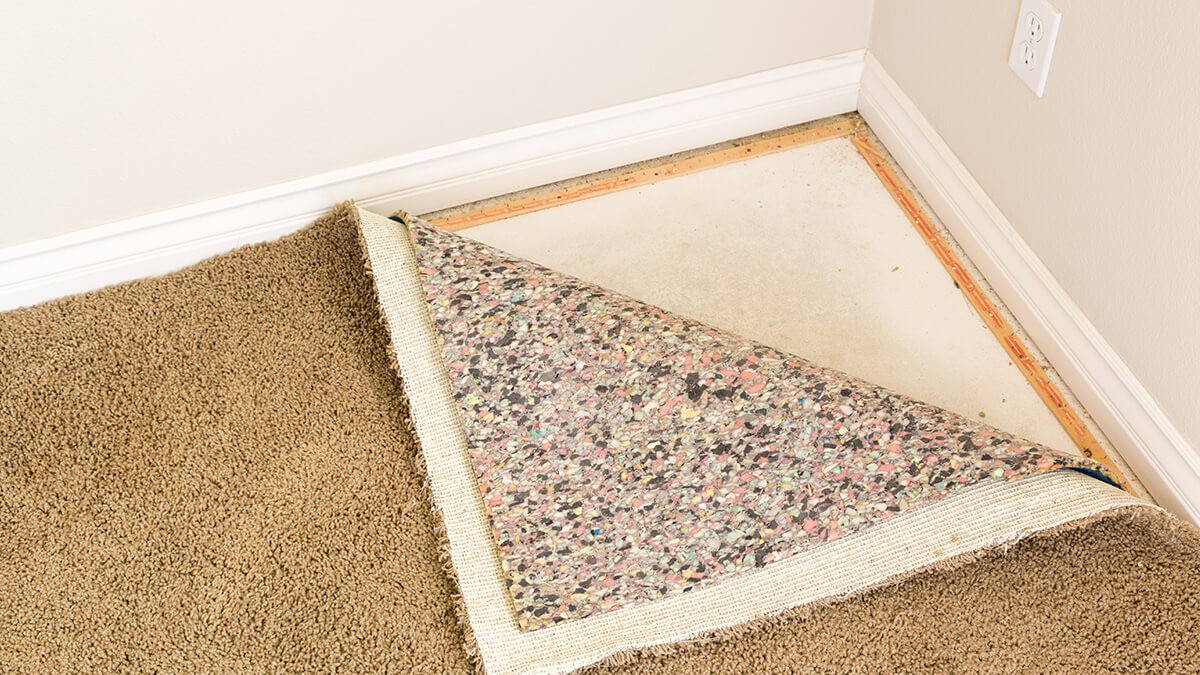
Understanding the Causes of Wet Carpet Smell
Identifying the Source Before diving into solutions, it’s essential to pinpoint the root cause of the wet carpet smell. Is it due to a recent spill, flooding, or ongoing moisture issues? Understanding the source will help tailor your approach to effectively tackle the odor problem.
Addressing Water Damage Water damage is a common culprit behind wet carpet smells. Whether it’s from a leaky pipe, roof, or flooding, excess moisture can seep into carpets, leading to mold and mildew growth. Addressing water damage promptly is crucial to prevent further odor problems and structural damage.
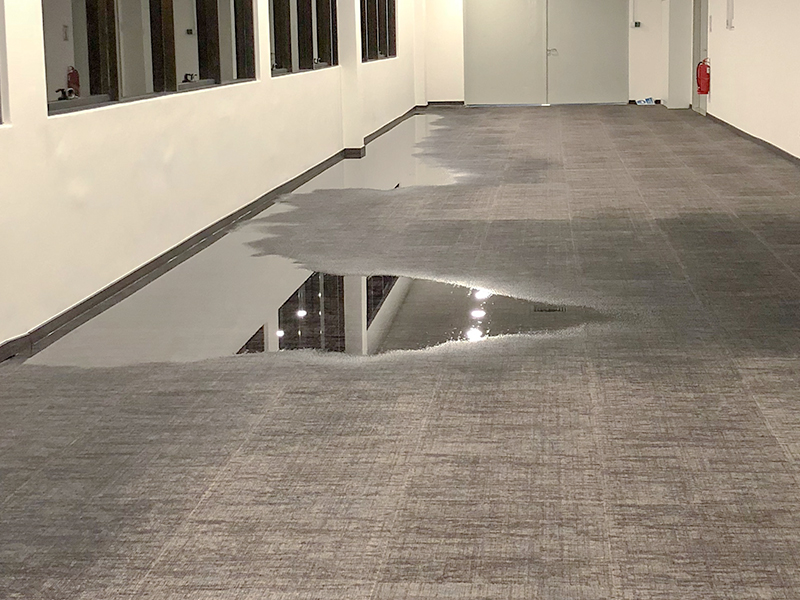
Effective Tips for Eliminating Wet Carpet Smell
- Immediate Action When dealing with wet carpet smells, prompt action is key. Start by blotting the affected area with clean towels or paper towels to absorb excess moisture. Avoid rubbing the carpet, as this can push the water deeper into the fibers.
- Deep Cleaning Deep cleaning your carpet is essential for eliminating trapped odors. Consider renting or investing in a carpet cleaner to thoroughly clean and extract moisture from the carpet fibers. Use a cleaning solution specifically designed for removing odors and mold.
- Vinegar Solution Vinegar is known for its natural deodorizing properties and can effectively neutralize unpleasant odors. Mix equal parts white vinegar and water in a spray bottle and generously spritz the affected area. Allow the solution to sit for several hours before blotting it dry with clean towels.
- Baking Soda Treatment Baking soda is another household staple renowned for its odor-absorbing abilities. Sprinkle a generous amount of baking soda over the damp carpet and let it sit overnight. Vacuum the carpet thoroughly the next day to remove the baking soda along with the trapped odors.
- Use of Dehumidifiers Excess humidity can prolong the drying process and exacerbate wet carpet smells. Utilize dehumidifiers in the affected area to remove moisture from the air, speeding up the drying process and preventing mold growth.
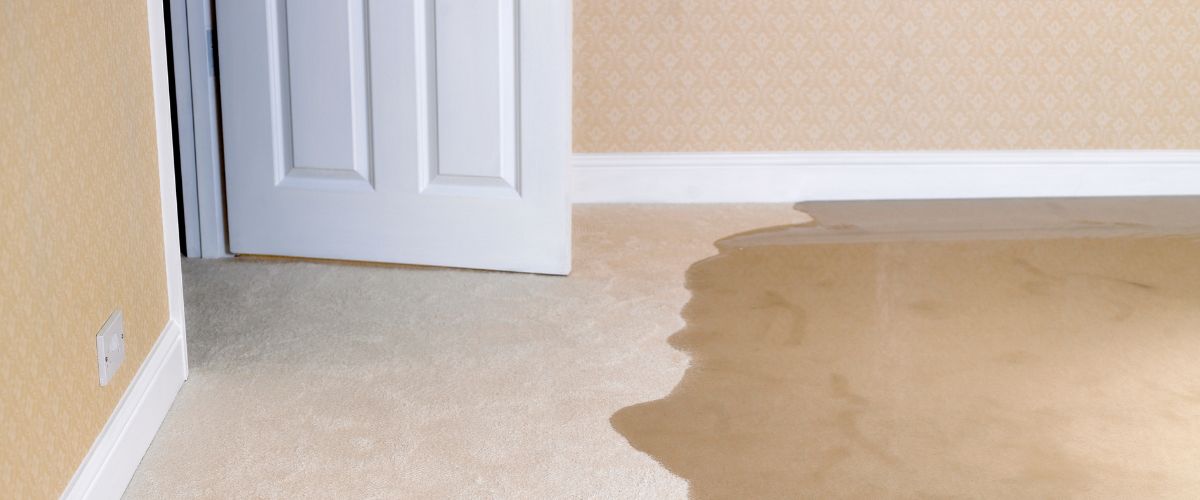
Preventive Measures to Avoid Future Odor Problems
- Proper Ventilation Ensure adequate ventilation in your home to prevent moisture buildup, especially in areas prone to humidity. Open windows, use exhaust fans, and consider installing a ventilation system to improve air circulation and prevent odor-causing mold and mildew.
- Regular Carpet Maintenance Regular carpet maintenance is essential for preventing odor problems. Vacuum your carpets frequently to remove dirt, dust, and debris that can trap moisture and odors. Consider professional carpet cleaning at least once a year to deep clean and refresh your carpets.
- Immediate Spill Cleanup Promptly clean up any spills or accidents to prevent moisture from seeping into the carpet fibers. Blot the spill with clean towels and use a mild cleaning solution to remove any stains or odors.
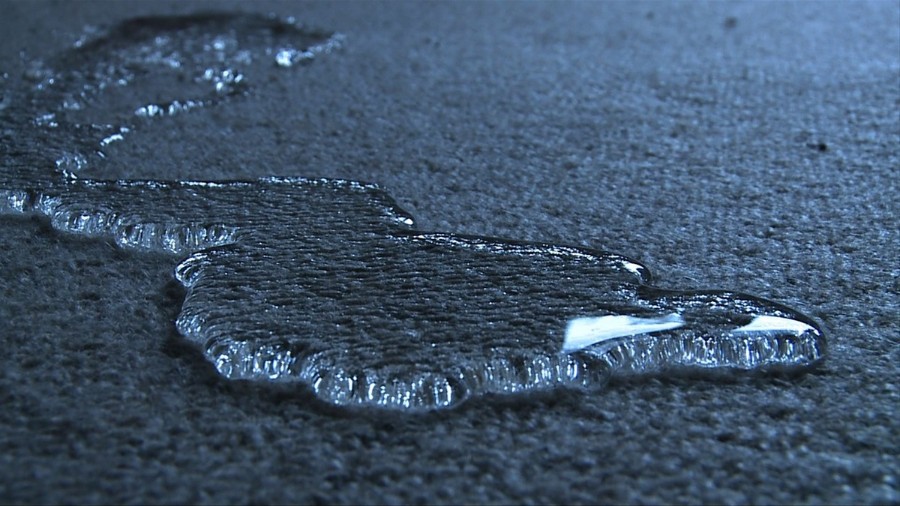
Additional Tips for Stubborn Odors:
- Odor Absorbers: Consider using odor-absorbing products such as activated charcoal or commercial odor absorbers specifically designed for carpets. Place these products in bowls or sprinkle them directly onto the carpet surface, allowing them to absorb and neutralize lingering odors over time.
- Essential Oils: Harness the power of essential oils to freshen up your carpets naturally. Add a few drops of your favorite essential oil, such as lavender or tea tree oil, to a spray bottle filled with water and mist it lightly over the carpet. Not only will this leave behind a pleasant scent, but certain essential oils also possess antimicrobial properties that can help combat mold and mildew.
- Professional Odor Removal Services: For severe or persistent odor problems that cannot be remedied with DIY methods, consider hiring professional odor removal services. These professionals have access to specialized equipment and treatments designed to effectively eliminate stubborn odors without causing damage to your carpets or home.
- Carpet Replacement: In cases of extreme water damage or extensive mold and mildew growth, replacing the carpet may be the most effective solution. While this option can be costly, it ensures the complete removal of odor-causing contaminants and provides a fresh start for your home’s flooring.
- Steam Cleaning: Steam cleaning is an effective method for deep cleaning carpets and eliminating stubborn odors. Rent or invest in a steam cleaner with an upholstery attachment and follow the manufacturer’s instructions for use. The high temperatures generated by steam can help kill odor-causing bacteria and mold spores, leaving your carpets refreshed and sanitized.
- Sunlight Exposure: Harness the natural disinfecting power of sunlight to help eliminate wet carpet odors. If possible, move furniture and rugs to expose the affected area to direct sunlight. UV rays have antimicrobial properties that can help kill mold and mildew spores, reducing odor and promoting faster drying.
- Enzyme Cleaners: Enzyme cleaners are specially formulated to break down organic matter, including the proteins found in urine, pet accidents, and other biological stains that can contribute to carpet odors. Apply an enzyme cleaner to the affected area according to the manufacturer’s instructions and allow it to work its magic before blotting away excess moisture.
- Air Purifiers: Invest in an air purifier with a HEPA filter to help improve indoor air quality and remove airborne particles that can contribute to carpet odors. Place the air purifier in the room with the wet carpet or in areas prone to moisture and odor buildup for continuous odor control and fresher air.
- Professional Inspection: If you’re unsure about the extent of water damage or mold contamination in your carpets, consider hiring a professional inspector to assess the situation. A certified inspector can identify hidden moisture sources, detect mold growth, and provide recommendations for remediation to ensure your home is safe and odor-free.
- Flooring Upgrades: In some cases, recurring wet carpet odors may be indicative of underlying issues with your home’s flooring or subfloor. Consider upgrading to moisture-resistant flooring materials such as vinyl, tile, or sealed hardwood to minimize the risk of water damage and mold growth in the future.
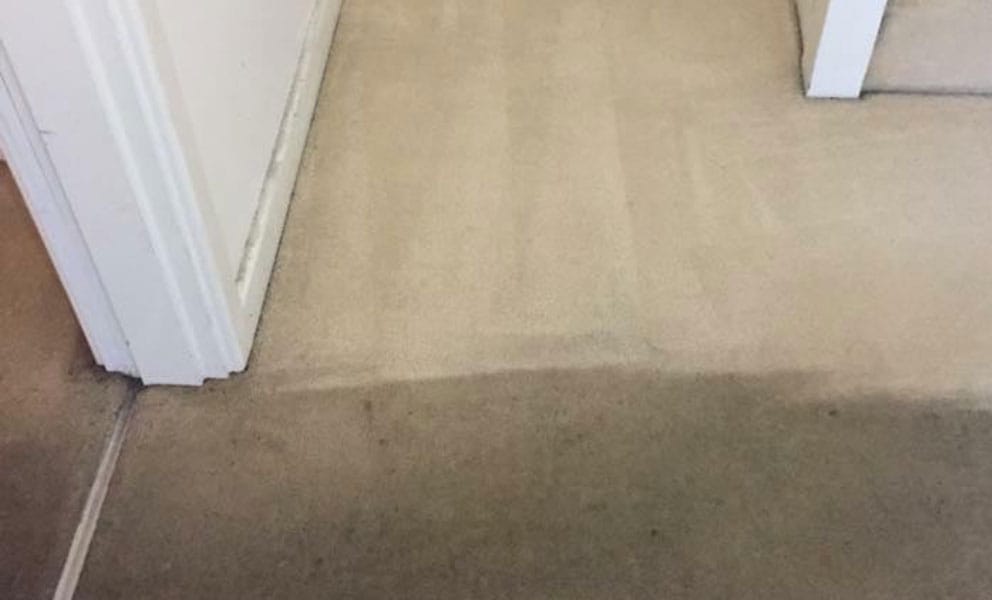
Conclusion
Eliminating wet carpet smells requires a proactive approach and the implementation of effective strategies to address both the immediate odor problem and prevent future occurrences. By understanding the causes of wet carpet smells and employing proper cleaning techniques and preventive measures, you can restore freshness and comfort to your living space. Remember, prompt action is key to tackling wet carpet smells and maintaining a healthy indoor environment for you and your family.
